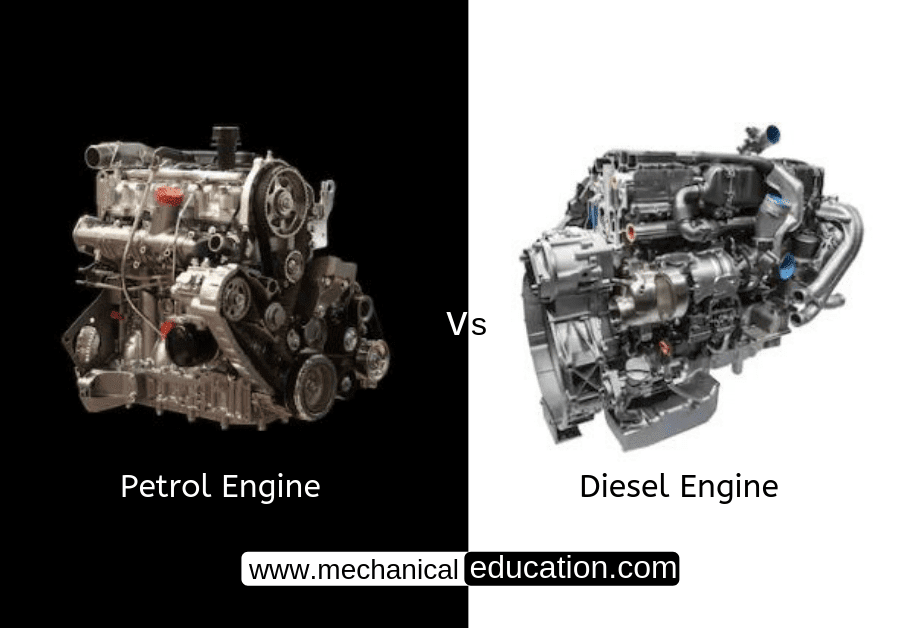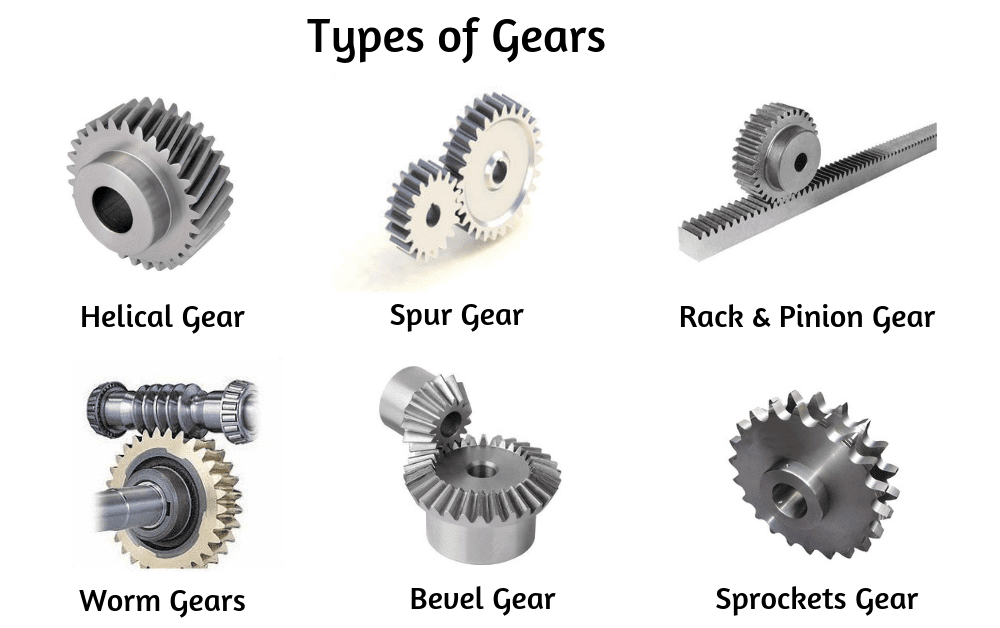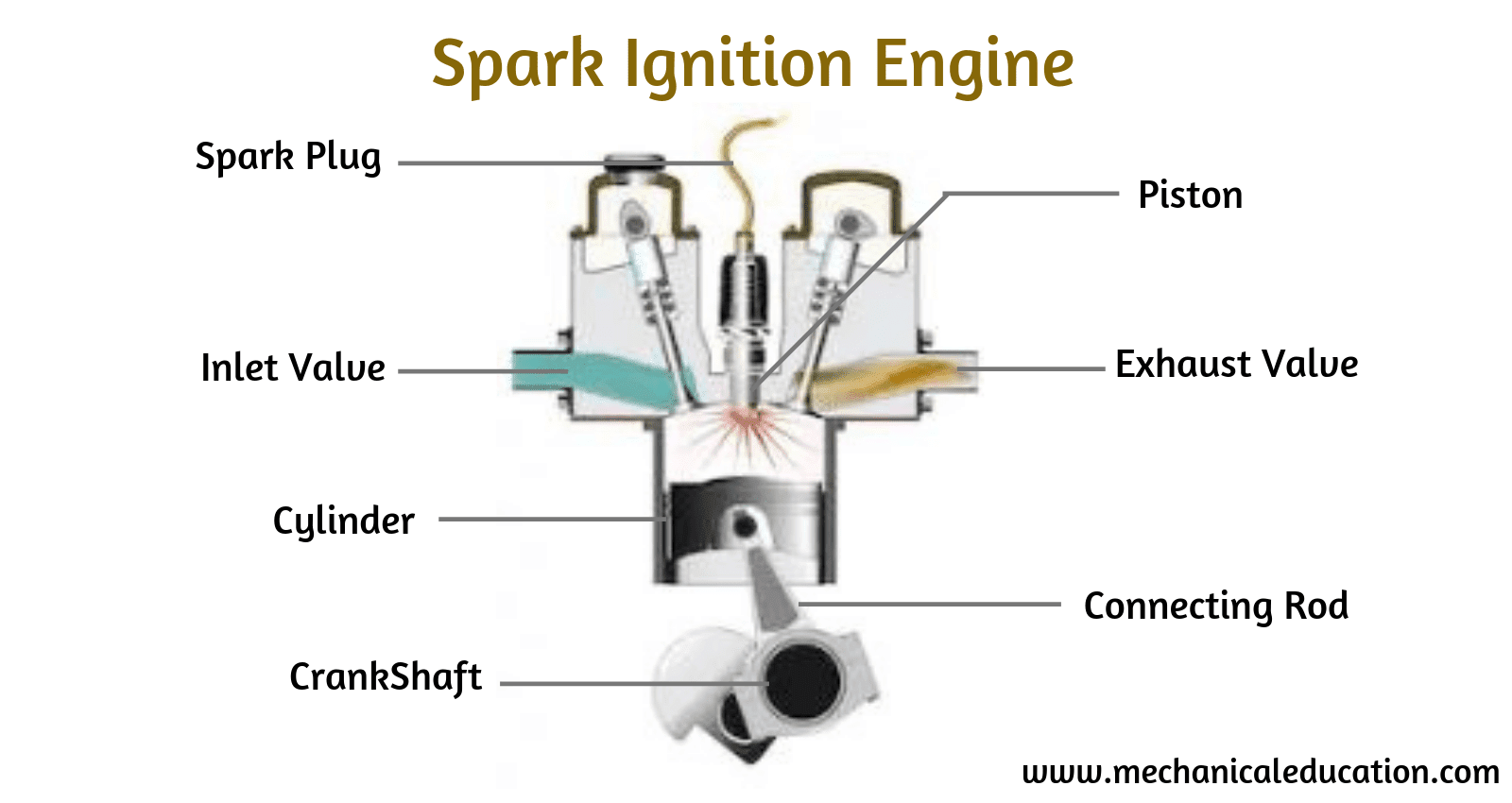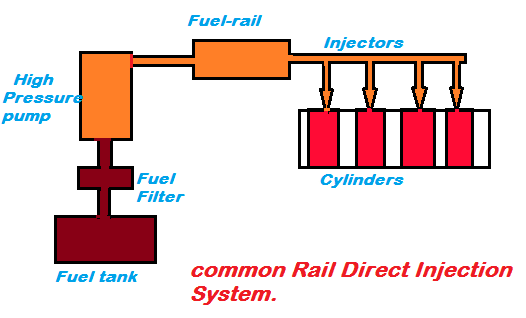Yes, using the AC in a car can reduce its power and fuel efficiency. The AC compressor is driven by the engine through a belt, and when the AC is turned on, it places an additional load on the engine, causing it to work harder and use more fuel.
This effect is more noticeable in smaller or less powerful engines, which may struggle to maintain the same level of performance when the AC is on. In some cases, you may notice a decrease in acceleration or a reduction in power output when the AC is running.
However, the effect of the AC on engine power and fuel efficiency can be minimized by driving at a steady speed, avoiding sudden acceleration or braking, and keeping the AC set to a moderate temperature. Additionally, maintaining the AC system with regular maintenance, such as replacing the filter and checking the refrigerant levels, can help ensure that it is functioning efficiently and not placing unnecessary strain on the engine.
Frequently Asked Questions
1. Does turning on the car’s air conditioning (A.C.) reduce engine power?
Yes, turning on the A.C. places an additional load on the engine, which can result in a reduction of available power.
2. How does the A.C. affect fuel efficiency and overall engine performance?
The A.C. can decrease fuel efficiency as the engine expends more energy to power the compressor. Additionally, it may impact overall engine performance, especially in smaller or less powerful vehicles.
3. Is the reduction in power noticeable when the A.C. is on?
In some cases, the reduction in power might be noticeable, especially during acceleration or climbing hills. The impact can vary depending on the vehicle’s size, engine capacity, and overall condition.
4. Does using the A.C. at high speeds have a more significant impact on power?
The A.C. does have a more pronounced impact on power at higher speeds. The engine has to work harder to maintain speed, and the A.C. places an additional load on it.
5. How can I minimize the impact of A.C. on engine power?
To minimize the impact, use the A.C. judiciously. Turn it off during acceleration or when climbing steep inclines. Additionally, regular maintenance of the A.C. system can ensure optimal efficiency.
6. Does the A.C. have a more substantial effect on smaller or less powerful cars?
Yes, the impact of the A.C. on engine power is generally more significant in smaller or less powerful cars, as they have less excess power to spare.
7. Can a well-maintained A.C. system minimize the reduction in engine power?
Yes, a well-maintained A.C. system, with properly lubricated components and the correct refrigerant levels, is more efficient, which can help minimize the reduction in engine power.
8. Are there alternative ways to cool the car without using the A.C.?
Yes, alternatives include using the car’s ventilation system, parking in the shade, using sunshades, and tinted windows. These measures reduce the need for A.C., minimizing the impact on engine power.
9. Does the type of refrigerant used in the A.C. system affect engine power?
The type of refrigerant can impact the A.C. system’s efficiency, but the effect on engine power is generally minimal compared to factors like system maintenance and overall load.
10. Can upgrading the A.C. system improve its efficiency and reduce the impact on engine power?
Upgrading to a more efficient A.C. system, such as one with a variable compressor, can improve efficiency and potentially reduce the impact on engine power. However, individual results may vary depending on the vehicle and conditions.




